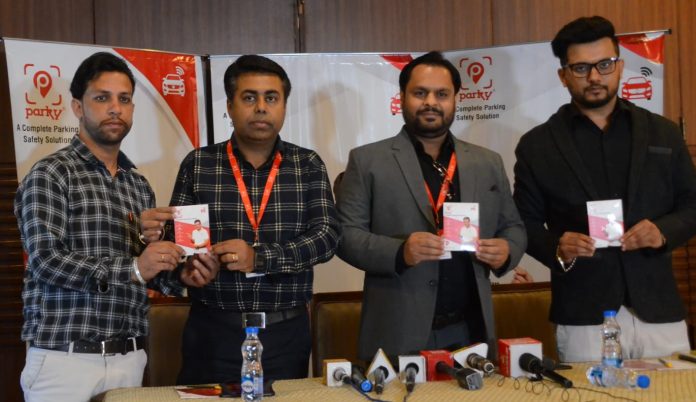India Should Stop Wasting Time and Finally Adopt Sensible Regulation over Online Gaming
 Growth of Indian Online Gaming Paralleled by Rise in Number of Gambling Addiction Clinics
Growth of Indian Online Gaming Paralleled by Rise in Number of Gambling Addiction Clinics
Fueled by the rising penetration of affordable smartphones and cheap mobile data plans, and helped by India’s young demographics and the stay-at-home restrictions brought by the pandemic, the Indian online gaming market has been growing at an unprecedented scale. At the same time, the number of mental health institutions specialized in the treatment of gambling addictions is also rising fast.
According to a recent collaborative report by Ernst and Young (EY) and the Federation of Indian Chambers of Commerce and Industry (FICCI), the number of paying gamers in India has jumped with 1.5 crore, from 8 crore in 2020 to 9.5 crore in 2021, registering a 17 percent increase. Gamers, paying and non-paying combined, grew by 8 percent for the same period, from 36 crore to 39 crore, and their number is expected to reach 45 crore by 2023.
This has led to a surge in revenues of 28 percent from ₹7,900 crore in 2020 to ₹10,100 crore in 2021, and the Indian online gaming market is forecasted to reach ₹11,900 crore in 2022. Revenues from online roulette, rummy, fantasy sports and other real money games (RMG) rose by 26 percent between 2020 and 2021, while revenues from in-app purchases (IAPs) in casual games and esports grew by 32 percent.
Gaming Problems and Addictions also on the Rise
Moving in parallel to this continuous growth of the already huge gaming industry in India, there has been a rise in the cases of gaming and gambling addictions among Indians. As a result, many new mental health institutions focused on the treatment of these problems have been opening their doors all around the country.
Earlier in March, Koyi Chandrasekhar, an Indian soldier, tweeted to Dream11 begging for emergency help after losing a substantial amount of money on the fantasy sports app over the course of two years. “Sir Iam a Soldier I loss approx 20Laks in Dream11 now my life live or Die situation plz Save my life,” he tweeted. Koyi’s case is just one of the many examples of betting addiction gone wrong where the lack of timely help can have tragic consequences.
“We have had a couple of cases of online betting addiction, but after a few counseling sessions, they didn’t come back,” explains Dr. Rachana Bharghava, a professor of clinical psychology at the All India Institute of Medical Sciences (AIIMS) in Delhi. “Going on these platforms to try [their] luck is very convenient, but getting over the addiction takes a lot of commitment.”
Governments are Wasting Time on Blanket Bans that Don’t Work
Several state governments in India, including Tamil Nadu and Karnataka, have sought a “single-blow” solution to the problem by adopting a blanket ban on all online gaming. These outright prohibitions were quickly quashed by the respective High Courts for contradicting the Union Constitution by clubbing together fantasy sports, chess and other games of skill with blackjack online, slots and other games of chance.
Moreover, while forcing legitimate Indian skill gaming operators to restrict access to residents of such states to their sites, addicted gamers and bettors again received no help or support, but were still able to find alternative gambling options on offshore platforms or on the local black market.
In effect, these state governments achieved zero or even negative results with their unconstitutional legislative initiatives, but succeeded in wasting a lot of time. The whole process of drawing up a law amendment with a blanket ban on gaming, tabling it in the Legislative Assembly, adopting and notifying it, combined with the months that pass until it is stricken down by the court, can take a full year.
This time could have been used to elaborate and implement sensible regulation on online gaming that would have actually helped Koyi and many people like him to overcome his gambling addiction before losing so much money and start contemplating suicide and many such cases could have been prevented.
Simple but effective responsible gaming mechanisms like self-exclusion systems, weekly betting limits, no gambling on credit, easy one-click access to support programs and mental health professionals are urgently needed in India. Politicians must stop wasting time and start working towards really protecting people from the risks associated with gaming.






